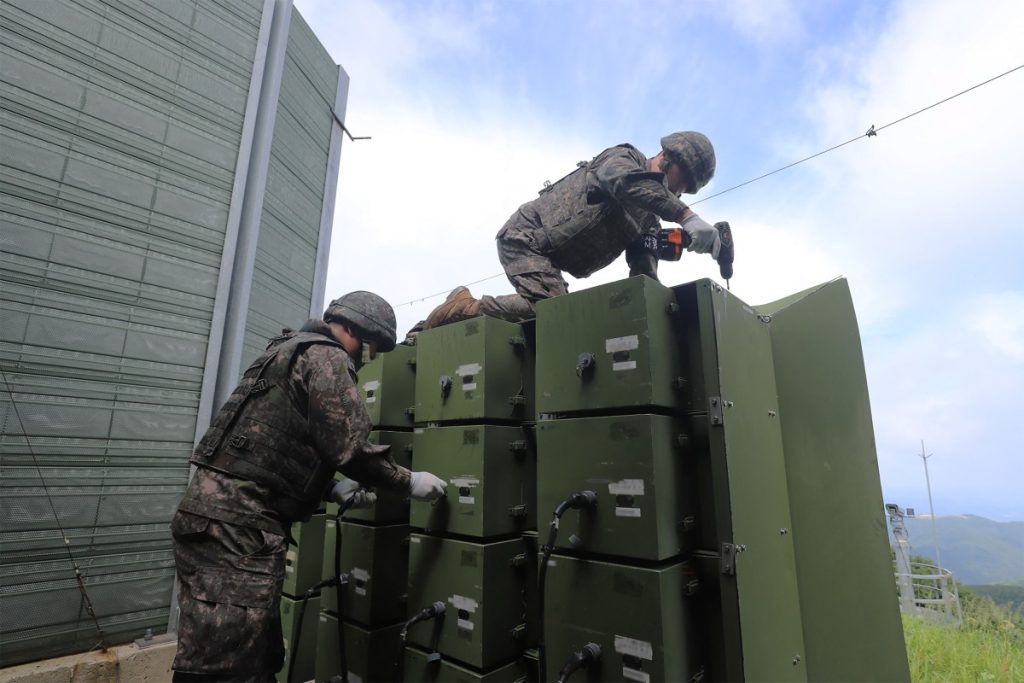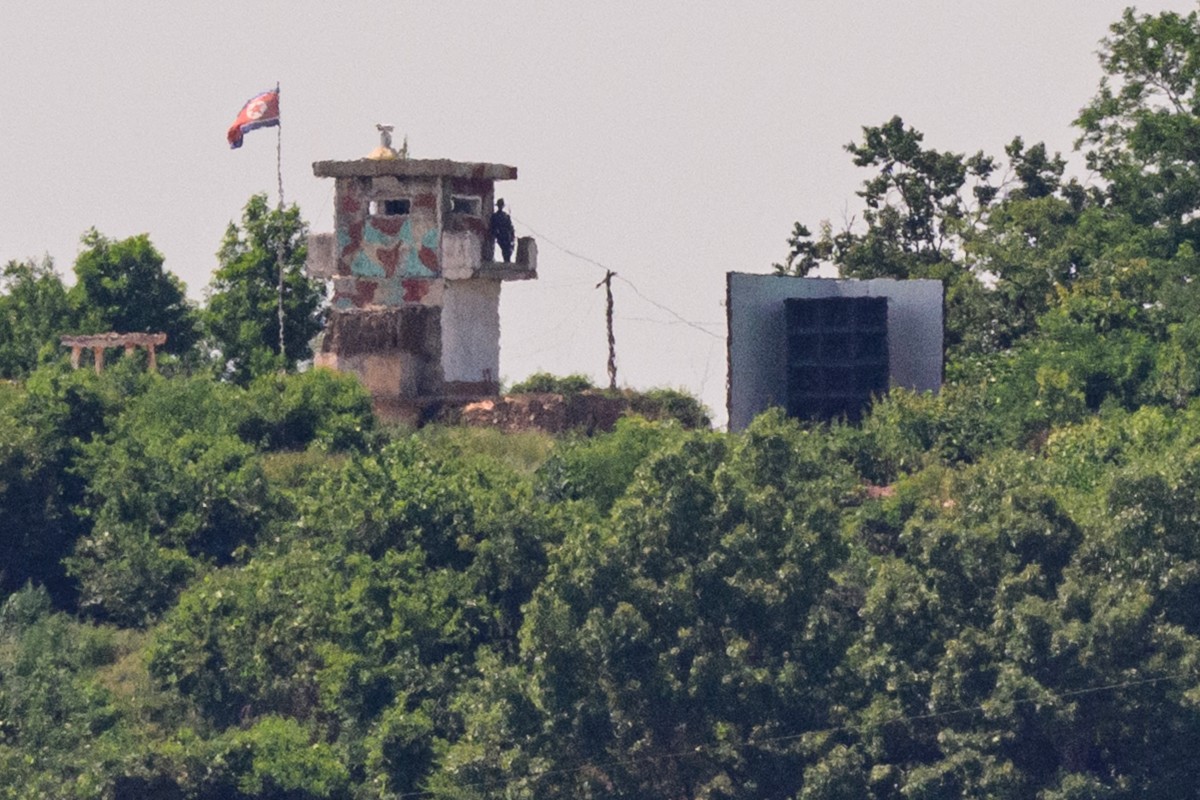South Korea announced on Monday that it would be dismantling loudspeakers that were used to broadcast K-pop music and news to North Korea, as the new administration in Seoul makes efforts to reduce tensions with its antagonistic neighbour.
The two countries, which are still officially in a state of war, had already stopped propaganda transmissions along the demilitarised zone, as reported by Seoul’s military in June following the election of President Lee Jae Myung.
An announcement made in June indicated that Pyongyang had ceased its disturbing broadcasts along the border, which had become quite bothersome for South Korean residents, immediately after the South’s speakers went silent.
The official said that all loudspeakers positioned along the border will be removed by the end of the week.
“Starting today, the military has begun removing the loudspeakers,” Lee Kyung-ho, spokesman of the South’s defence ministry, told reporters on Monday.
Although he did not specify how many would be taken down, a report from Yonhap news agency, which the defence ministry did not confirm, suggested that there were around 20.
Images provided by the ministry depict soldiers in body armour unloading sets of speakers as part of the removal operation.
President Lee, who was recently elected, directed the military to halt the broadcasts to “restore trust.”
The relationship between the two Koreas had reached one of its lowest points in years, with Seoul adopting a stringent stance towards Pyongyang, which has been aligning more closely with Moscow following Russia’s invasion of Ukraine.

Last year, the two Koreas found themselves engaged in a mutual propaganda conflict, with the North releasing numerous balloon launches filled with trash to retaliate against propaganda balloons launched by South Korean activists.
In response, South Korea’s then-president Yoon Suk Yeol ordered the activation of loudspeaker broadcasts along the border, featuring K-pop songs and international news. Shortly afterwards, North Korea began emitting peculiar sounds along the border, causing unease among South Korean citizens.
Since his election in June, Lee has adopted a different strategy in dealing with North Korea, including urging civic groups to refrain from sending anti-North propaganda leaflets.
The two nations continue to be in a state of war because the Korean War, which lasted from 1950 to 1953, concluded with an armistice rather than a peace treaty.


 Trending
Trending 